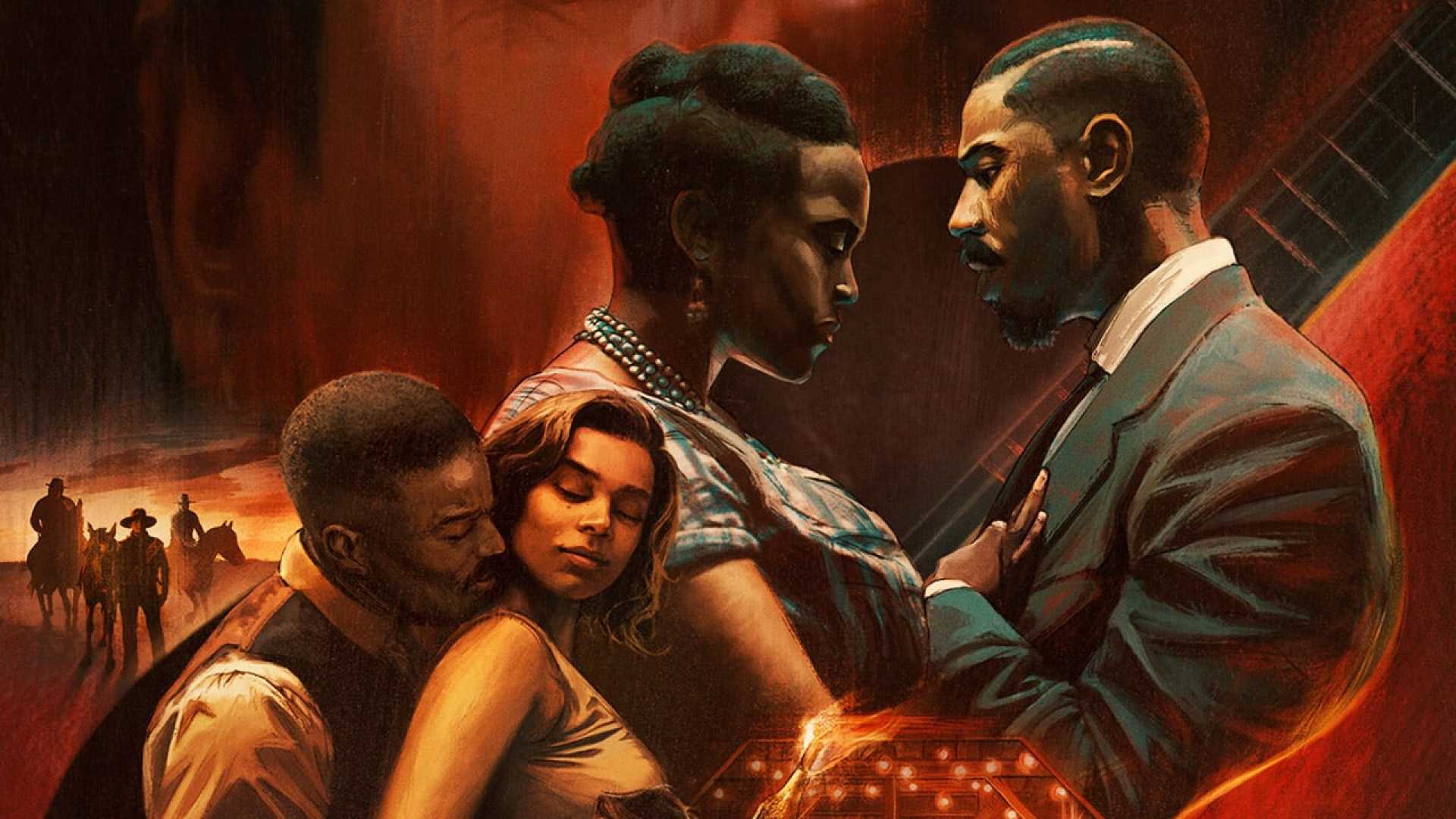Entertainment
Ryan Coogler’s ‘Sinners’: A Unique Stepping Stone in Horror Cinema

Burbank, California — Director Ryan Coogler has made waves in Hollywood with his latest film, “Sinners,” which is infusing the horror genre with themes of race, generational trauma, and the enduring impact of music. Released earlier this month, the film marks a significant shift in Coogler’s storytelling approach, moving from superhero narratives to a horror tale nestled in the rich cultural landscape of 1930s Mississippi.
“Sinners” centers on Sammie, an aspiring blues musician, who struggles against family expectations and supernatural threats after the return of his gangster cousins. Coogler, known for his thoughtful treatment of complex socio-political issues in films like “Fruitvale Station” and “Black Panther,” sees this movie as a chance to explore deeper themes rooted in the African American experience.
Coogler’s journey with filmmaking began during his childhood in Oakland, when he visited the historic Grand Lake Theatre. His father took him to see John Singleton‘s “Boyz n the Hood,” a formative moment that fueled his passion for storytelling. Reflecting on this past, Coogler noted, “Every time I roll the camera, I’m trying to create something that resonates like ‘A Prophet‘ did for me.”
During filming, Coogler has faced numerous challenges, including delays caused by natural disasters that disrupted the entertainment industry. Yet he remains driven, often drawing on personal experiences and family history to inform his work. Coogler’s wife, Zinzi, and his close circle of collaborators continue to play essential roles in shaping his films, providing both creative input and emotional support.
Musical elements are paramount in “Sinners,” with blues music serving not just as a backdrop, but as a counterforce to vampirism—a major theme of the film. The narrative visualizes how music can transcend pain and perpetuate legacy, contrasting with the vampiric lifestyle that symbolizes generational trauma and emotional stagnation. Coogler has framed this with precision, stating, “In a world where legacy is often tied to pain, this film offers a radical perspective on creating one’s own ending through music and storytelling.”
As a filmmaker who has risen quickly in Hollywood, Coogler has also made savvy business moves. His deal with Warner Bros. for “Sinners” allows him to benefit financially from the film starting from its first ticket sold, a rarity for directors in the industry. This agreement signals a shift in how studios view and value the contributions of Black filmmakers.
“Sinners” opened to strong reviews and substantial box-office returns, further solidifying Coogler’s reputation as a director capable of merging commercial success with artistic depth. Critics have praised the film for its originality and poignant social commentary, with many noting that it stands out in an age dominated by sequels and franchises.
As he prepared for promotional tours and continued edits of the film, Coogler expressed pride in what he has created. With “Sinners,” he is not only expanding his own artistic boundaries but also contributing to a broader dialogue around race, history, and healing in American cinema. He remarked, “In telling this story, I want people to reflect on their own narratives, recognizing the complexity of our shared humanity.”












